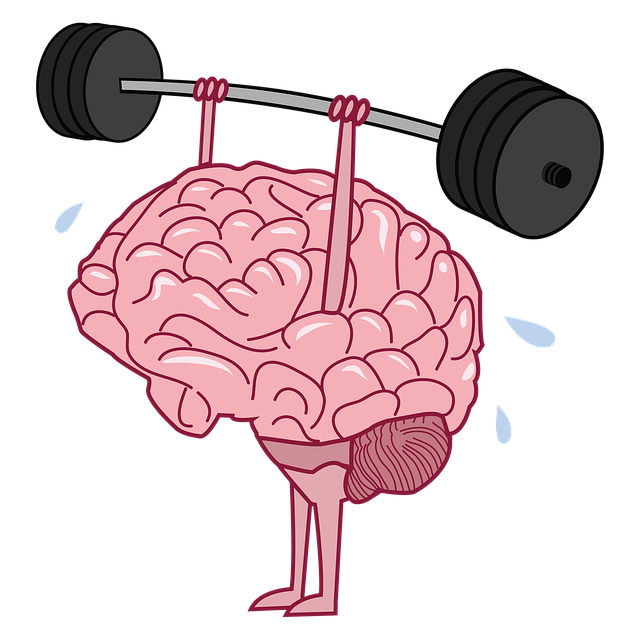Personalized mental wellness self-assessment tools are vital for addressing individual needs, especially for survivors of sexual abuse like those seeking help through Denver Sexual Abuse Survivor Therapy (DSAT). These assessments capture emotional challenges stemming from trauma, foster inclusivity in mental health support, and reduce stigma. Robust frameworks, integrated with cultural competency training for healthcare providers, ensure accurate evaluations and personalized treatment plans. Adopting the DSAT model enhances these tools' effectiveness, providing a safe space to explore experiences and emotions, ultimately contributing to improved mental wellness and well-being.
Mental wellness self-assessment tools play a crucial role in individual understanding and seeking support. This article explores the development of customized frameworks, emphasizing the importance of tailored approaches for diverse mental health needs. We delve into the process, highlighting key considerations such as cultural sensitivity and evidence-based practices. Furthermore, we introduce the Denver Sexual Abuse Survivor Therapy Model as an innovative framework, offering a unique perspective on self-assessment within this specialized therapeutic context.
- Understanding the Need for Customized Self-Assessment Tools
- Developing Effective Mental Wellness Assessment Frameworks
- Integrating the Denver Sexual Abuse Survivor Therapy Model into Self-Assessments
Understanding the Need for Customized Self-Assessment Tools

In today’s complex social landscape, the importance of personalized mental wellness self-assessment tools cannot be overstated. Every individual’s journey with their mental health is unique, shaped by personal experiences and societal factors. For instance, survivors of sexual abuse like those seeking Denver Sexual Abuse Survivor Therapy require tailored assessments that address specific emotional challenges stemming from trauma. One-size-fits-all approaches may fail to capture the nuances of these complex issues.
Customized self-assessment tools play a pivotal role in breaking down barriers and fostering inclusivity in mental health support. They help in assessing not just symptoms but also the underlying emotional regulation mechanisms, which are often disrupted by traumatic experiences. Moreover, these tools contribute to Mental Illness Stigma Reduction Efforts by encouraging early detection and providing pathways to effective treatment. Enhancing Emotional Intelligence through such assessments can empower individuals to better understand themselves and navigate their mental health journeys with resilience.
Developing Effective Mental Wellness Assessment Frameworks

Developing effective mental wellness assessment frameworks is a multifaceted process that requires careful consideration of various factors. These tools play a pivotal role in identifying mental health issues, especially among vulnerable populations like Denver Sexual Abuse Survivor Therapy clients. Tailoring assessments to meet specific needs ensures accurate evaluations and personalized treatment plans.
Healthcare Provider Cultural Competency Training can enhance the effectiveness of these frameworks by equipping professionals with the knowledge and skills to navigate diverse cultural contexts. Integrating this training into mental health practices promotes inclusive care, improves patient-provider relationships, and ultimately contributes to better outcomes. Additionally, Mental Health Policy Analysis and Advocacy is crucial for addressing systemic barriers that may hinder access to quality mental wellness assessment and treatment services, fostering a more supportive environment for all individuals seeking support, including those engaging in Self-Care Routine Development for Better Mental Health.
Integrating the Denver Sexual Abuse Survivor Therapy Model into Self-Assessments

Integrating the Denver Sexual Abuse Survivor Therapy (DSAT) Model into mental wellness self-assessment tools offers a powerful approach to support individuals’ healing journeys. This therapeutic framework, designed specifically for survivors of sexual abuse, focuses on building resilience and empowering personal growth. By adopting DSAT principles, self-assessment tools can provide a safe and structured environment for users to explore their experiences, emotions, and coping mechanisms.
The model’s emphasis on trauma-informed care ensures that self-assessments are sensitive and non-judgmental, encouraging open communication. This integration can enhance the effectiveness of mental wellness resources, especially for those who have experienced sexual trauma. Through tailored questions and exercises inspired by DSAT, individuals can gain insights into their mental wellness, develop healthy coping strategies, and foster a sense of resilience, ultimately contributing to improved overall well-being.
In conclusion, developing customized mental wellness self-assessment tools is paramount in addressing diverse individual needs. By integrating models like the Denver Sexual Abuse Survivor Therapy (DSAT) into these frameworks, we can create more effective and tailored support systems. This approach ensures that individuals receive relevant guidance and resources based on their unique experiences and challenges, fostering better mental health outcomes.














